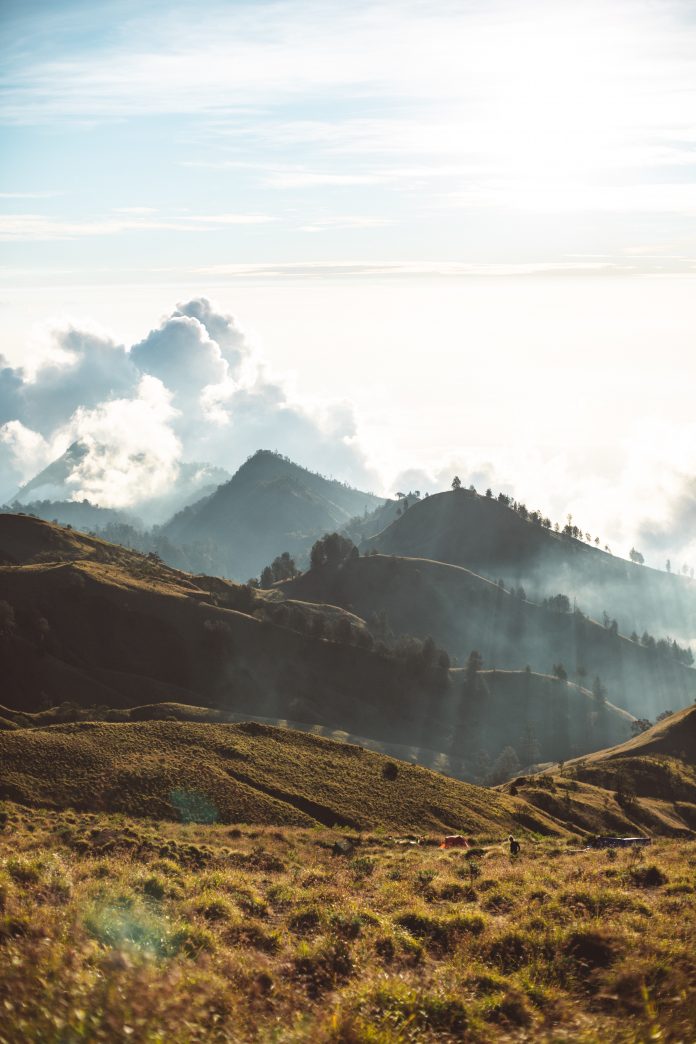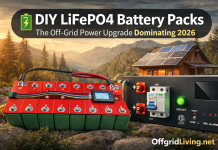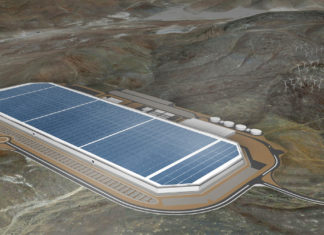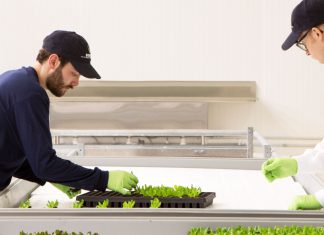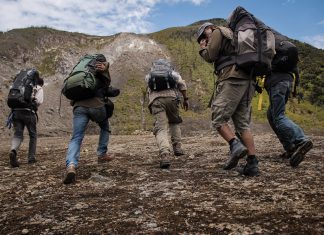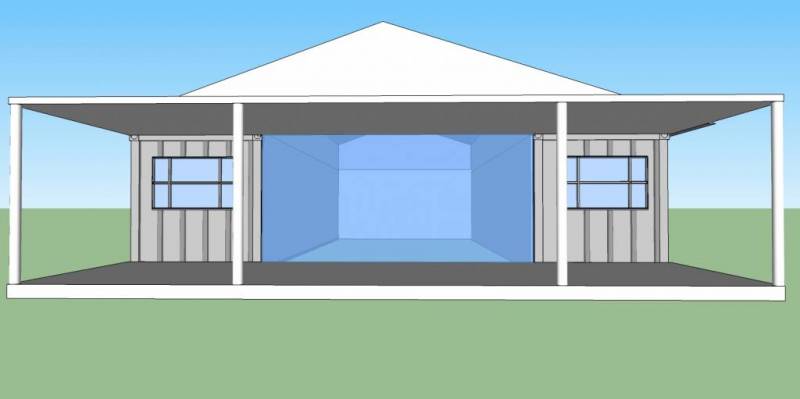You’re finally doing it. You’re buying land to build your very own homestead! This is an exciting time, but it’s also a time to be cautious and avoid making some common mistakes. Keep reading for 6 mistakes to avoid when buying raw land for your homestead. With a little bit of planning and research, you can confidently purchase the perfect piece of property to call your own. You may also consider working with licensed residential land brokers to help you find a piece of land that suits your needs.
Adventures await! But first, let’s chat about what NOT to do when seeking out that perfect plot of land on which to build your dream homestead…
1. Not Doing Your Due Diligence And Researching The Land BEFORE You Buy
If off-grid living and homesteading are in your sights, it’s essential to do your due diligence before buying that plot of land. Without proper research, you’ll find yourself having to pour money into land with zoning issues, soil that won’t support crops or building structures, or a price tag way beyond what that dream off-grid life is worth.
Take the time to ask around and scope out the area before signing off on any purchase, or even better, hire land surveying professionals and see what kind of insight they provide. You could save yourself mountains of trouble and headache down the road with Alta Land Surveys. Afterwards, you may consult with professionals to determine how much brush clearing is to be done to prepare the land for use or construction.
Don’t rush off into the wilderness wild-eyed– take a step back and make sure you’re making an informed decision.
2. Assuming That All Raw Land Is Created Equal
Not all raw land is created equal, as off-grid living and homesteading both require certain topographical and geographic factors to be feasible.
Depending on where you are starting your off-grid living adventure, you may need to invest in infrastructure like roads, solar panels, water systems, etc. before even setting foot on the land. Your off-grid homestead journey will be determined by resources such as natural streams or coveted wildlife present in the area.
Whether the land is wetlands suitable for gardening or rolling savannahs good for raising livestock depends on its location and individual qualities which sets it apart from other raw lands.
You just have to be prepared with an idea of what you’re looking for and find a piece of raw land that has all the prerequisites to make off-grid living successful.
3. Not Being Mindful Of The Climate And Weather Patterns In The Area
Living off-grid and homesteading can be a rewarding way to live, but it isn’t for everyone. It’s important to really pay attention to the climate and weather patterns in your area if you’re considering taking the off-grid route, otherwise, you could find yourself in some unexpected pickles!
Currently, there are many resources available online, such as local climate and weather data that can help you choose the right location to live off-grid.
Additionally, talking to people already living off-grid in the area is also a great way to get advice on what specific risks are worth forecasting for your location.
If you take time to do research and be prepared, off-grid living can be an incredibly adventurous journey!
4. Not Knowing What Kind Of Terrain You’re Dealing With
Knowing just what kind of terrain you might be dealing with is a tricky prospect: is it sandy and sunny, bouncy and hilly, or rocky and rattling? Not having the right intel can be nerve-racking but also a little exciting.
If you think of it as an adventure of sorts, it could make all the difference in how you approach the unknown. You never know what surprises may await beyond that next stretch of the horizon – each curve up ahead could yield a spectacular new view with thrilling possibilities!
Taking on that sense of exploration requires a mindset open to possibility, something that pays off every time. So next time you’re not sure exactly what’s out there, take your best guess and see what kind of raw beauty awaits to be discovered.
5. Not Considering How Remote The Location Is
Venturing off the grid can be rewarding, off-grid living allows us to live sustainably and unencumbered by society. Despite its remote nature, off-grid living has seen a steady rise in popularity over the years.
Homesteading is one form of off-grid living that allows families to purchase land on the outskirts of civilization and build a functional lifestyle far away from any city life.
Although many notes that off-grid living can provide challenges due to limited access to goods and services, those not considering how remote the location is tend to underestimate just how much planning and self-sufficiency are required for off-grid living.
But if adventure is what you are seeking, then off-grid living could be for you!
6. Failing To Account For The Cost Of Infrastructure
From poor road networks to unreliable public transportation, the effects of failing to account for the cost of infrastructure are often painfully obvious. But what about the unseen costs – such as energy waste or disruptive traffic patterns?
When governments overlook infrastructure needs, they’re inadvertently shooting themselves in the foot and potentially siphoning away precious funding from other critical areas such as education and healthcare.
Paying off budgetary shortfalls this way isn’t a long-term solution; it’s an act of recklessness that could come back to haunt us if we don’t start assigning resources more thoughtfully.
By recognizing infrastructure spending as an investment rather than an expense, governments can better regulate their financing models while also ultimately receiving larger returns! Seek help from a mortgage broker in charlestown to have enough budget to purchase the land.
When purchasing raw land, adventure is essential and due diligence is a must. Take the time to research the area extensively, as this will inform you whether or not it’s the right fit for you.
Consider factors such as the climate, terrain, remoteness, infrastructure costs, and all other particulars before investing your money – it’s important to make educated decisions when determining a major purchase such as this.
If you approach with caution and have done your research upfront, raw land can be quite rewarding financially and personally. You’ll probably need land clearing pros and their heavy equipment to start fresh, but from their on it’ll be your show.
Once you’ve secured the raw land, the next step is preparing it for your intended use. This often involves clearing the land of any obstacles such as trees, rocks, or debris. Hiring professionals like Franky’s Excavation can expedite this process, ensuring that the land is cleared efficiently and safely. Their expertise in handling heavy equipment can make light work of even the most challenging terrain, leaving you with a blank canvas to actualize your vision.
Don’t let excitement get in the way of making sure that raw land is truly right for you. Best of luck on your journey!


